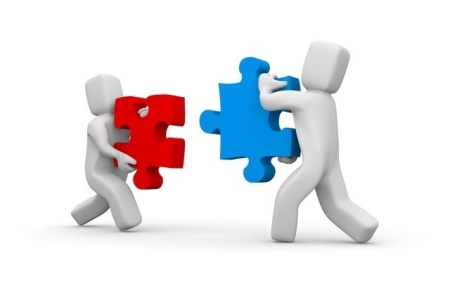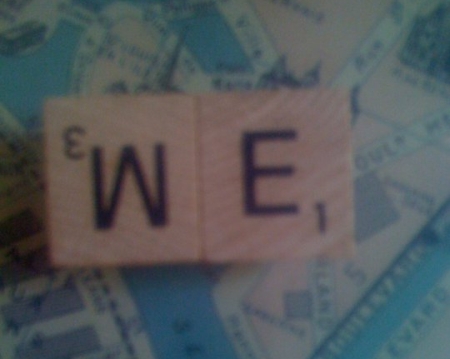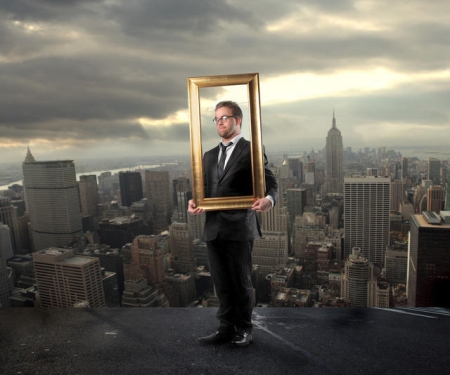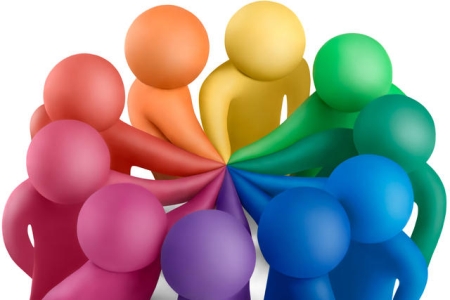
Dr. Anatoly Ulianov: In life we often encounter situations where a child has to complete an assignment that he does not want to do, but understands that not doing it will inflict punishment. He finds himself clamped between a rock and a hard place, so to speak.
Dr. Michael Laitman: It is necessary to discriminate with absolute clarity that this approach is incorrect. A child has to be transferred to a different type of clutch: on one hand, society pressures him, and on the other hand, he sees himself and associates himself with society.
There won’t be a threat of punishment towering over him. He will understand by himself that otherwise he won’t gain social approval, which he so desires. To him precisely this is the method of measuring and evaluating himself, his “I.”
On the other hand, we have to give him the ability to control his “clutch,” meaning the compulsory corrective force. This is possible if the child understands of his own accord that he has to do the homework or tidy up his room.
Suppose my parents went on vacation and left me at home alone, in charge of the house. But instead of enjoying it, I have to clean up the house because when the parents come home they will punish me if I don’t. Therefore, unable to evade punishment, I curse my tiny life and begin to do what I’m expected.
Dr. Ulianov: Or I don’t do it at all.
Dr. Laitman: In this case, everything depends on the punishment. If it is correct, then next time I won’t be looking for a way to evade it.
Suppose the punishment forces me to overcome my laziness. That is, the suffering from it has to be greater than the pleasantness of being idle. That is how we try to correct criminals—we punish them so they won’t repeat their crime.
But what can we do so the child will understand what kind of assignment Nature, society, or his parents have given him, an understanding by which he will be able to overcome his unwillingness to do what is required of him? Practically speaking, any task comes down to overcoming one’s laziness, egoism, the desire to enjoy, and carrying out a task that does not give you any pleasure. Where will I get the energy for that?
The fear of punishment gives me negative energy. The punishment can seem so horrible that I will unwillingly carry out the task while cursing everything in the world.
But it is also possible to create an environment—books and a society—that presents that same work to me in a positive light. For a child, this might be something like a field trip, and for adults—an interesting discovery. This works only if the surrounding society really approves of this task and praises it.
Then the work itself becomes pleasurable. I will not only not get punished, but perhaps the parents will even reward me with a pound of ice-cream. What’s important is not this, but the fact that I will receive pleasure because this work is important in the eyes of the people around me. I wouldn’t give it up to anyone. I will do it myself because it becomes important to me.
Everything depends on the way in which we create an environment around us that will praise any, even the most difficult, anti-egoistic action to an extent that will give it such importance that we will carry it out with pleasure. And that’s how we will advance happily.
To accomplish that, a child must be taught to be a psychologist for himself, and to know how to create the right environment. He will make his life pleasant, even though it will constantly place new problems and barriers before him. But he will view them as levels leading to a higher state that is valued by society.
The problem lies in creating a society around and next to a child that will always help him value anti-egoistic efforts. This is what we have to do, and we have to help every person do this.
Dr. Ulianov: How can we do that? One of my friends has to write a dissertation now because this is necessary for his work and his progress. So should every person in his environment tell him how important this is for the common good?
Dr. Laitman: Of course! He will sit and write, and will complete the work in two months! You know that it’s possible to work on a dissertation for years, or it can be done literally over several months. Everything depends on the inner tension, and you want that tension to be positive.
This is the only way I work. I accumulate the necessary urges that compel me, the gusts that inspire, encourage, and exalt me. And then I start to feel enthusiastic and invigorated, revealing completely new channels of perception, sensation, and ways of expressing things. This is necessary.
You ask me, “How can this be done?” We have to create a small society around every person that will become his tuning fork for correctly attuning himself to these anti-egoistic actions. With its help a person will be able to constantly lift himself. And this will become his inspiration and joy.
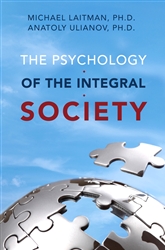
The above points were taken from the book The Psychology of the Integral Society by Dr. Michael Laitman and Dr. Anatoly Ulianov. Also available as eBook (PDF, Kindle & ePub formats).

